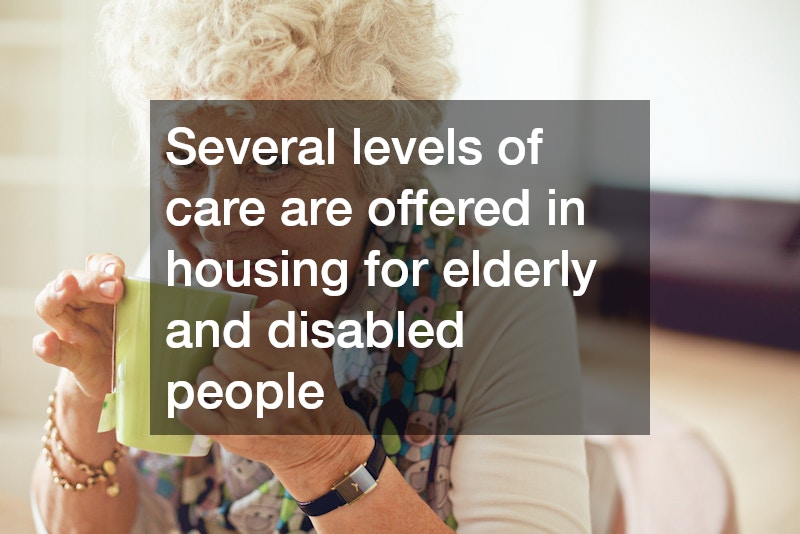If you have an elderly loved one who needs assistance with daily living tasks, you may be the one to decide how to provide the elderly care assistance they need. Some elderly people don’t need personal care, so a senior care assistant can meet their needs at home. These workers are trained to help with non-clinical tasks like companionship and housekeeping.
If your loved one needs help with bathing or mobility and plans to remain at home, they need the assistance of homecare helpers. Many seniors (especially those with dementia) need 24/7 supervision and, therefore, need to be placed in a senior care facility. Several levels of care are offered in housing for elderly and disabled people. For example, those who need only minimal personal care assistance may find the care they need at an assisted living facility.
If you’re not sure what type of facility is appropriate for your loved one, you may find more information at local branches of organizations for seniors. For example, most towns have a senior service center or information hotline. If you can’t find that information about elderly care services, prioritize searching for “senior service near me,” and you will likely find someone to help answer your questions.

Do you have an elderly relative who requires additional care? Perhaps he or she has been injured in a fall recently, or you have a family member who has a chronic condition that needs intensive medical attention. Whatever the case happens to be, you do have options when it comes to senior living homes. Most commonly, there are two types of senior care: independent senior living and assisted living homes.
Independent senior living communities are growing in popularity because they help the elderly retain their independence. Seniors are able to live on their own, but they can receive care right when they need it. Many of these homes, which are often apartments or townhouses, allow those who are on a fixed income to save money on utilities and rent, and these homes don’t require as much maintenance as an entire household would.
Additionally, many independent senior living communities offer luxurious accommodations, with a spa-like feel to them. However, these options can also be very expensive — meaning that seniors are paying for the convenience of a low-maintenance home.
Assisted senior living homes, on the other hand, are often considered an excellent value for the services they offer. While it is true that not all seniors require these types of homes, the majority of seniors in assisted living are age 85 or older. At least 40% of those seniors in assisted living require assistance with three or more activities, such as walking, eating, dressing, bathing, taking medication, or going to medical appointments. Additionally, many seniors have chronic conditions, including high blood pressure, Alzheimer’s, dementia, diabetes, heart disease, arthritis, and cancer, so they often require more specialized care than an independent living community can offer.

Because the median stay in an assisted living facility is about 22 months, it’s important to pick a community that has the care that your loved ones need. Weigh the options carefully when trying to choose from the senior living homes in your area, and consider the care, cost, and accommodations that each one offers.
Have you had to make the decision to place a relative in senior care? Tell us about your experience in the comments. More.
